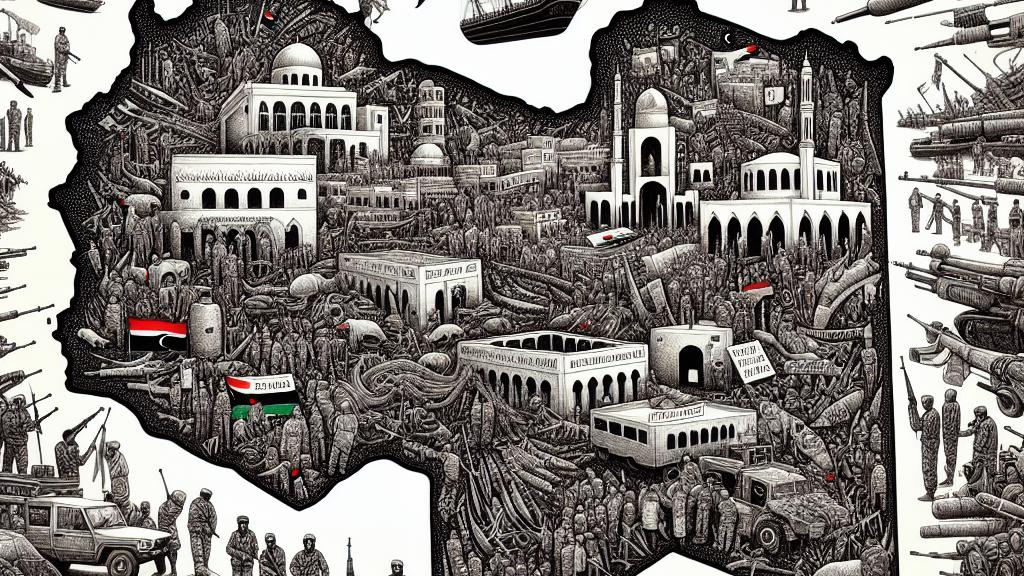Libya's Race Against Chaos: Can Elections Save the Nation?
Overview
- Libya's political landscape is rapidly deteriorating, raising serious concerns about long-term stability.
- The failure to hold crucial elections has exacerbated divisions and heightened tensions among competing factions.
- Urgent international calls for political unity emphasize the need for elections to restore peace and governance.

Current Instability in Libya
Libya, located in North Africa and known for its significant oil reserves, is currently grappling with a profound political and security crisis. Recent communications from the United Nations have highlighted that the situation has rapidly deteriorated, primarily due to unilateral actions undertaken by various political and military leaders vying for power. This decline in stability traces back to the failure to conduct elections that were scheduled for December 2021 and the insistence of Prime Minister Abdul Hamid Dbeibah to remain in office despite widespread calls for his resignation. As a result, rival factions have emerged, with the eastern-based government often at odds with supporters in the west, each backed by different militia groups. This fragmentation has not only destabilized governance but also obstructed paths towards establishing a unified and functional political authority in the country, leaving a young nation still dealing with the aftermath of the 2011 NATO-backed uprising that led to the downfall of long-time leader Muammar Gadhafi.
The Stakes of Election Delays
The stalled electoral process carries serious ramifications for Libya’s political, economic, and social landscape. As rival factions compete for control, unilateral actions have surged, leading to significant tensions over critical state resources, most notably the Central Bank and essential oil infrastructure. The recent closure of the Sharara oil field, for instance, underscored how these disputes directly impact Libya's economy, prompting the National Oil Corporation to declare force majeure due to instability. Ordinary Libyans are feeling the weight of these prolonged divisions, yearning for a resolution that would bring about stability and enhance their quality of life. The frustration among citizens has reached a boiling point, with many expressing a collective desire for decisive leadership and a revival of normal governance to foster hope and restore public trust following years of chaos. This desire for peace amplifies the necessity for elections as traditional pathways toward political legitimacy and accountability.
International Call for Unity and Elections
In light of these significant challenges, the international community is urgently calling for unified action to facilitate national elections in Libya. There is an emerging consensus among various stakeholders, including civil society representatives, military leaders, and political factions, that the current divisive status quo is unsustainable and detrimental to the country’s future. The United Nations has strongly advocated for Libyan political actors to engage in meaningful dialogue to establish a roadmap to elections that honors the perspectives and needs of all involved parties. By fostering a political pact that respects the outcomes of elections, the prospect of generating an inclusive governance structure becomes achievable. The critical need for cooperation is emphasized, as failure to act could plunge Libya further into chaos, endangering its citizens' livelihoods and regional stability. Unity and collaborative efforts are essential going forward if Libya is to emerge from its prolonged crisis and embark on a new journey toward peace and prosperity.

Loading...